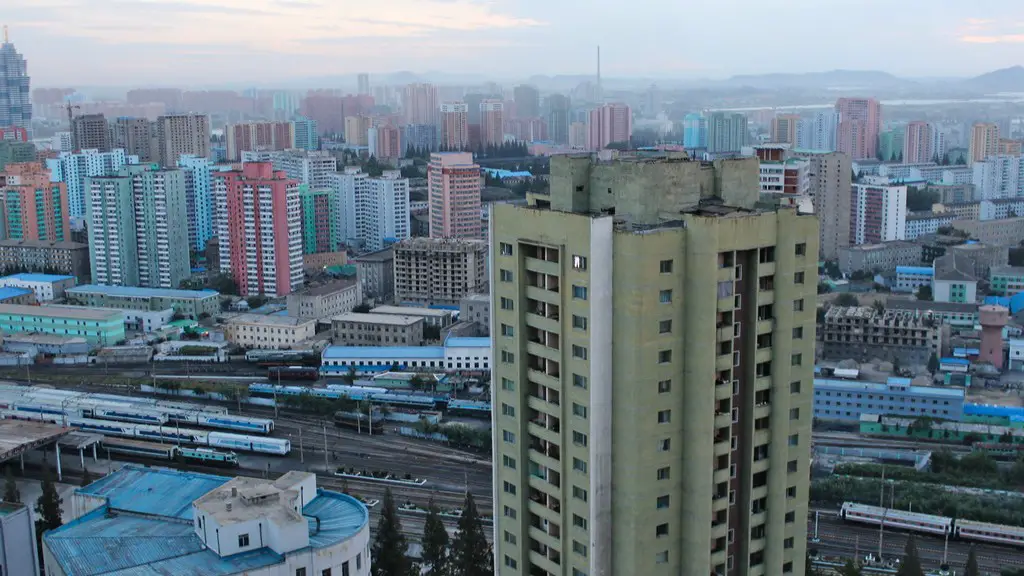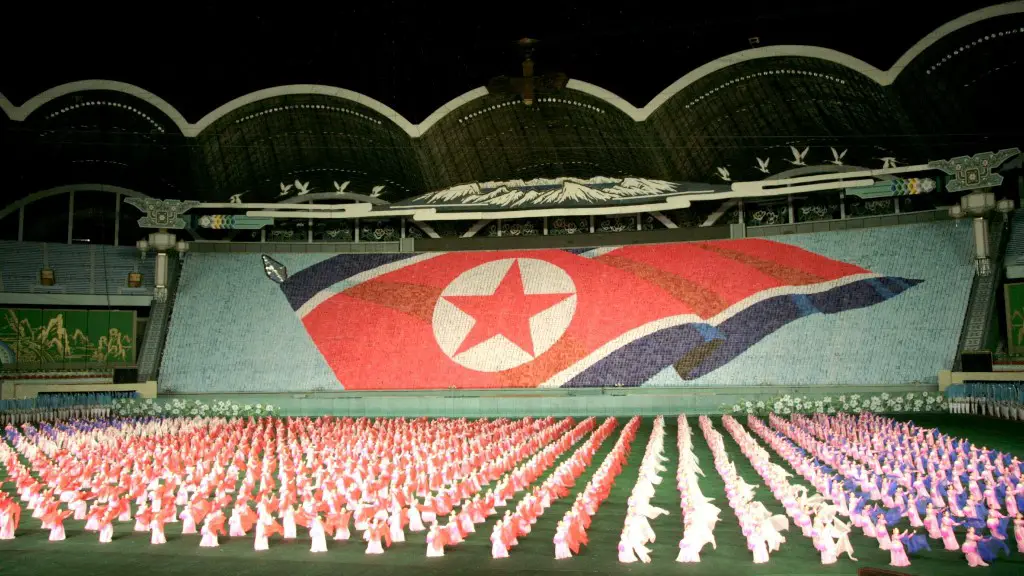Background Information
Kim Jong Un has ruled North Korea since December of 2011 when his father Kim Jong Il passed away. Prior to this, he was being groomed for rule for several years and had increasingly taken on responsibilities of ruling North Korea leading up to 2011. Kim Jong Un has brought his own unique approach to ruling North Korea, including a ruthless purging of members of the North Korea elite that has seen a large number of exile, imprisonment, and execution of anyone perceived as a threat to his rule.
Foreign Relations
When Kim Jong Un came to power, North Korea was already a deeply isolated nation internationally, though Kim has continued its policy of military aggression and increased his hostile rhetoric towards nations such as the United States, Japan, South Korea and others. In 2017, North Korea’s foreign relations were improved with the announcement of its nuclear programme would cease, and that it would make attempts to strengthen diplomatic relations with foreign countries.
Relations with China
China is one of North Korea’s staunchest allies and has been a major backer of Kim Jong Un’s rule since he came to power. Under Kim Jong Un’s rule, economic ties with China have strengthened significantly, as have diplomatic relations. This has been met with opposition from some countries, as China has historically supported North Korea as part of its foreign policy, but there have been signs that it is beginning to take exception to some of the more aggressive rhetoric that Kim Jong Un has been espousing.
Global Sanctions
While Kim Jong Un has greatly increased North Korea’s military and nuclear capabilities, the country has been forced to bear the brunt of multiple rounds of UN sanctions and condemnation from the international community. North Korea has been subject to a number of UN sanctions, which have targeted its nuclear and ballistic missile programmes, as well as its military and financial support to North Korea’s regime. Despite this, Kim Jong Un has continued to defy the international community, and in 2017 he announced plans to develop Intercontinental Ballistic Missiles that could reach the US mainland.
Domestic Situation
Kim Jong Un’s rule has seen a significant tightening of control over North Korean citizens, with a number of human rights abuses having been blamed on his regime. The UN has reported that North Korea’s citizens are subjected to a range of human rights violations and have limited access to basic food and housing. Despite this, a number of positive developments have also taken place under Kim Jong Un’s rule, including the freeing of political prisoners, the opening of a number of markets, and the loosening of restrictions on certain activities.
International Reactions to Kim Jong Un
Reactions to Kim Jong Un’s rule have been varied, with some nations praising his efforts to improve relations with the international community, while others have meanwhile been critical of his human rights record and nuclear programme. In the United States, President Trump has taken a more conciliatory approach towards North Korea and has met with Kim Jong Un a number of times. In Europe, leaders have generally been more cautious and critical of Kim Jong Un’s rule, though there have been some efforts to find ways to resolve the situation through diplomatic means.
The Military and Nuclear Weaponisation
Since Kim Jong Un’s came to power, North Korea has greatly increased the threat posed by its nuclear arsenal, with the country now reportedly possessing a number of long-range Intercontinental Ballistic Missiles that could unleash destruction around the world. North Korea’s conventional forces meanwhile have also been greatly increased, and the country continues to pose a significant threat to the region, including to Japan, South Korea and US forces stationed in the region.
Economic Development
Under Kim Jong Un’s rule, North Korea has seen sporadic economic development, with the country’s economy growing at a slow but steady rate since 2011. The growth has largely been driven by increased investment from China, and Pyongyang’s decision to open up certain economic sectors to international investment. However, the country’s economic growth has been hindered by continued UN sanctions and international condemnation, as well as its erratic foreign policy.
Propaganda and Publicity
Kim Jong Un has made use of a number of tactics to increase his public profile, including frequent trips to foreign countries and increased publicity for his rule. He also continues to use propaganda through a variety of means, including TV broadcasts, social media, and newspapers. Kim Jong Un has also appointed a number of celebrities and athletes to positions of power, and has increased the visibility of North Korea’s ruling family in an attempt to garner public support.
Political Incentives and Ideology
In addition to his use of propaganda, Kim Jong Un has employed a number of political incentives to ensure his continued rule. This has included the creation of a range of political organisations and institutions dedicated to advancing its ideology, as well as a range of economic incentives designed to ensure loyalty and compliance with his rule. Kim Jong Un has also maintained a strict ban on political opposition, and has employed a range of tactics to prevent people from criticising his rule.
Domestic Opposition
Despite Kim Jong Un’s efforts to silence opposition in North Korea, there are signs that domestic opposition is growing. This includes a growing number of defectors and dissidents, as well as reports of small-scale protests and unrest in a number of areas of North Korea. Domestic opposition has been largely hampered by a lack of access to resources and information, as well as North Korea’s policy of punishing people who are perceived to be disloyal or critical of the regime.
International Stands On Kim Jong Un
The international community’s stance towards Kim Jong Un has been mixed. While some have praised his efforts to improve relations with the international community, others have criticised his human rights record and nuclear programme. Generally, most nations have remained largely silent on the issue, though there is an increasing trend for nations to take a stronger stance against Kim’s actions, particularly the nuclear programme and human rights abuses.
Outcomes of Kim Jong Un’s Rule
The outcomes of Kim Jong Un’s rule have been widely divergent and complex. On one hand, his rule has been marked by increased military and nuclear capabilities, as well as a tightening of control over North Korean citizens. On the other hand, there have also been positive steps taken under his rule, including increased diplomatic relations, and a loosening of restrictions on certain activities. Ultimately, how history judges Kim Jong Un’s rule will be determined by the ultimate long-term outcomes of his policies and decisions.



